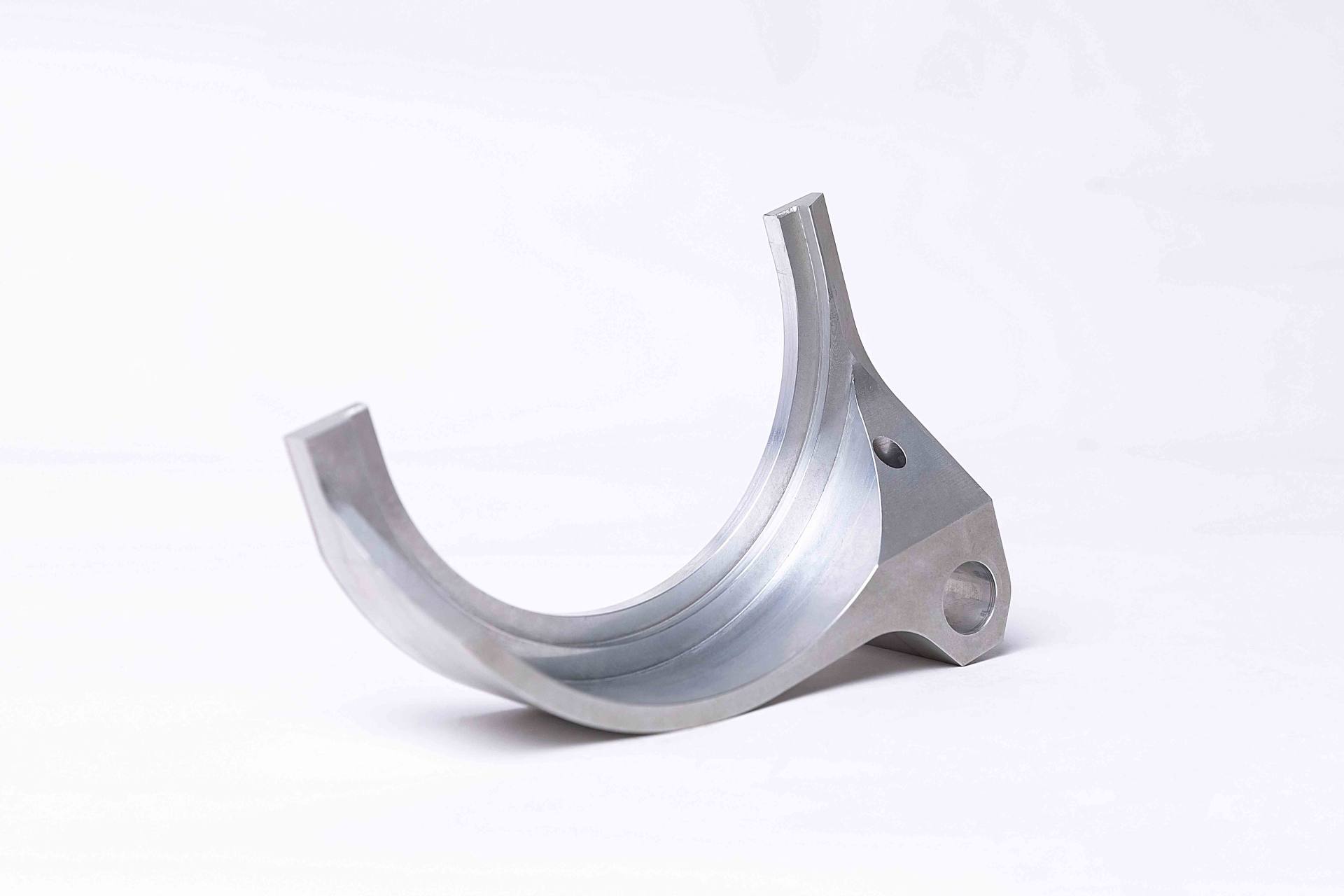CNC turning is a highly efficient machining process, but pricing can vary significantly depending on multiple factors. If you're considering CNC turning for your project, understanding the cost drivers will help you budget effectively.
Key Factors Affecting CNC Turning Costs
1. Material Costs
The type of material used has a major impact on pricing. Common materials and their relative costs include:
-
Aluminum ($): Affordable, easy to machine, lightweight.
-
Stainless Steel ($$): More expensive due to hardness and tool wear.
-
Brass & Copper ($$): Moderate cost, good machinability.
-
Titanium ($$$): High cost due to difficulty in machining.
-
Plastics ($): Cheaper but may require special tooling.
2. Part Complexity
-
Simple parts (basic cylinders, minimal features) → Lower cost.
-
Complex parts (threads, tight tolerances, undercuts) → Higher cost due to longer machining time and specialized tooling.
-
Multi-axis machining (e.g., live tooling, 5-axis CNC turning) → Increases price but allows intricate geometries.
3. Batch Size (Economies of Scale)
-
Prototyping (1-10 parts): Higher per-unit cost due to setup time.
-
Small batches (10-100 parts): Reduced cost per part.
-
Mass production (100+ parts): Lowest per-unit cost due to optimized runs.
4. Machining Time
-
Longer cycle times = higher costs.
-
Factors affecting time:
-
Cutting speed & feed rates.
-
Number of operations (e.g., turning, drilling, threading).
-
Tool changes and setup adjustments.
-
5. Tolerances & Surface Finish
-
Standard tolerances (±0.005" or higher) → Lower cost.
-
Tight tolerances (±0.001" or less) → Higher cost (requires precision tooling and inspection).
-
Special finishes (e.g., polishing, anodizing) → Additional charges.
6. Labor & Overhead
-
Machine shop location (labor rates vary by country).
-
CNC operator/programmer costs.
-
Machine depreciation & maintenance.
Estimated CNC Turning Costs
| Factor | Low Cost | Medium Cost | High Cost |
|---|---|---|---|
| Material (per part) | 5–5–20 (Aluminum, Plastic) | 20–20–100 (Stainless Steel, Brass) | $100+ (Titanium, Exotic Alloys) |
| Simple Part (1-10 pcs) | 20–20–50 per part | 50–50–150 per part | 150–150–500+ per part |
| Medium Batch (50-100 pcs) | 10–10–30 per part | 30–30–80 per part | 80–80–200+ per part |
| High Volume (500+ pcs) | 5–5–15 per part | 15–15–50 per part | 50–50–150+ per part |
Additional Costs to Consider
-
Setup fees (50–50–300 for initial programming & fixturing).
-
Tooling costs (custom inserts or special cutters may add 20–20–200).
-
Post-processing (deburring, coating, heat treatment).
-
Shipping & logistics (if outsourcing to a machine shop).
How to Reduce CNC Turning Costs
✅ Optimize design for manufacturability (avoid unnecessary tight tolerances).
✅ Choose cost-effective materials (e.g., aluminum over titanium).
✅ Order in larger quantities (lower per-unit cost).
✅ Use standard tooling (reduces setup expenses).
✅ Compare multiple machine shops (prices vary by supplier).
Conclusion
CNC turning Service range from 10–10–500+ per part, depending on material, complexity, and order volume. For the best pricing, provide detailed drawings, consider material alternatives, and request quotes from multiple suppliers.

Comments on “How Much Does CNC Turning Cost?”